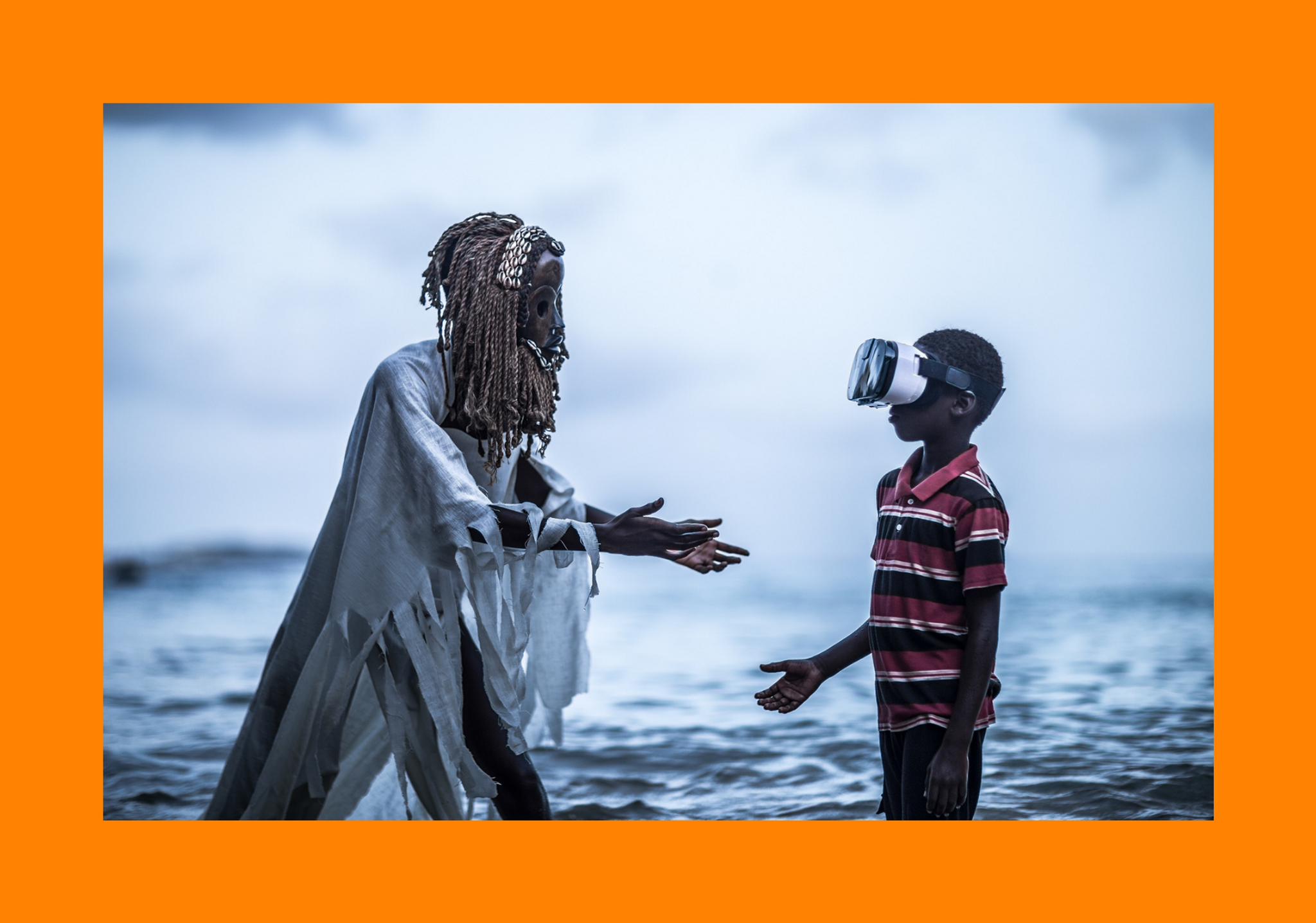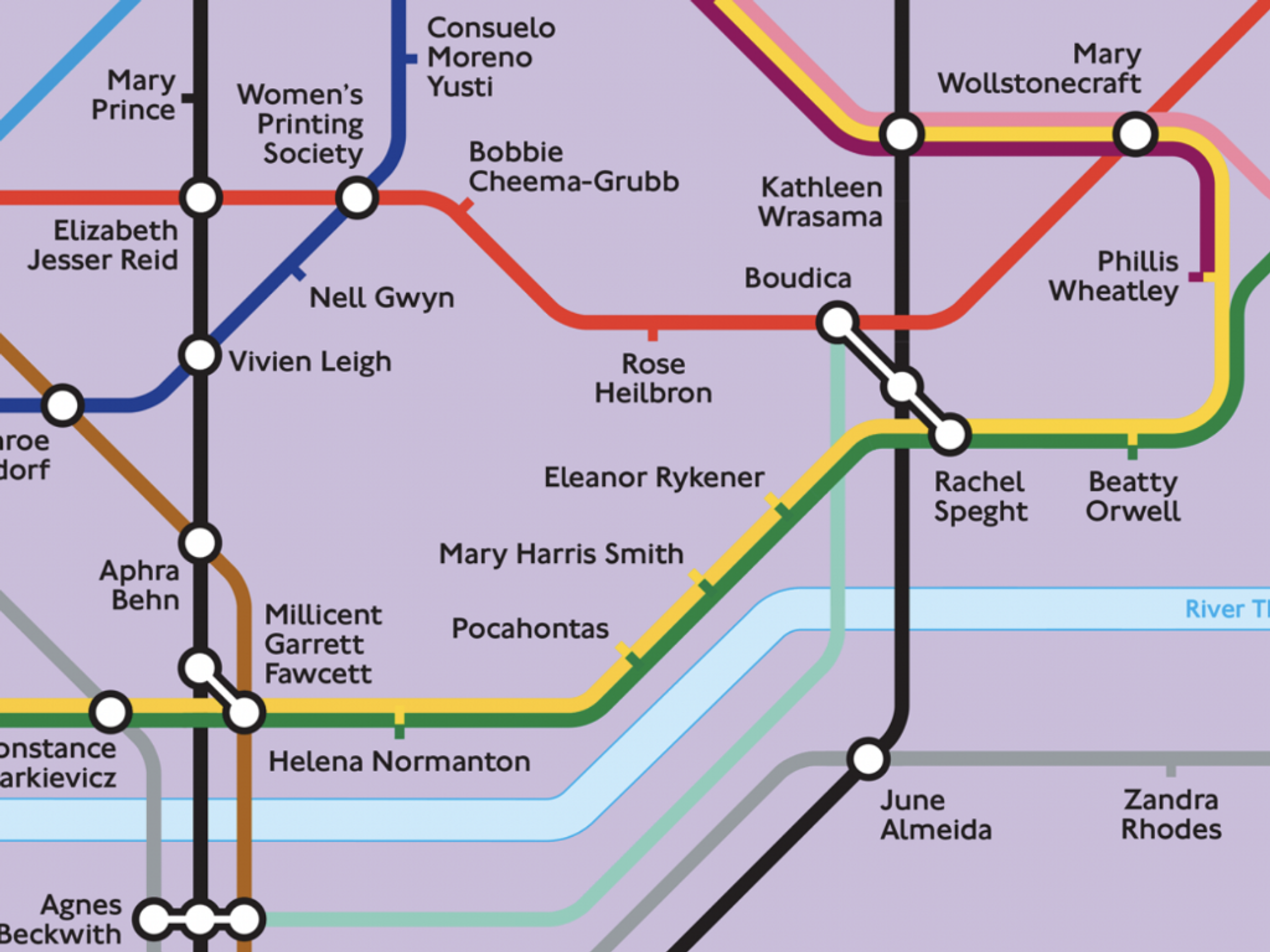Our future will be shaped by how we understand our collective past

Image: Leap of Faith (Edification Series). © Alun Be
In an age of planetary crises, understanding the legacies of our collective recent pasts and their impact on our future has never been so important. We need to reframe, decentre and decolonise the systems and processes that generate knowledge about, and ascribe value to, modern heritage globally.
At the dawn of the Anthropocene, Africa embodies the ways in which modernity has marginalised the knowledge, value and experiences of the global majority. This has impaired our collective understanding of the past, but it also compromises our present and future through the normalisation and institutionalisation of past inequities and iniquities – including slavery and colonialism. As the Senegalese historian, Cheikh Anta Diop, forewarned in The African Origin of Civilization: Myth or Reality (1974): “It is necessary to ensure that Africa does not bear the brunt of human progress, coldly crushed by the wheel of history, and therefore, one cannot escape the necessities of the historical moment to which one belongs.”
Although centuries of European hegemony have claimed authorship of modernity, the unjust and unsustainable practices on which modernity was built always meant that it was a highly interconnected and shared experience, albeit unevenly distributed and rewarded. Today, however, sanitary and environmental crises highlight just how unavoidably shared and precarious our modern history is.
Addressing the relationship between inequitable pasts and sustainable futures was the central theme of the international conference Modern Heritage in the Anthropocene, hosted by The Bartlett School of Architecture in collaboration with the Universities of Liverpool and Cape Town in October 2022, following the Modern Heritage of Africa conference held in Cape Town in 2021. These symposia are initiatives of the transdisciplinary global collaborative, MoHoA, established in 2020 by academics and practitioners advocating for innovative and sustainable approaches to the theory and practice of heritage associated with our recent past.
The notions of ‘heritage’ and ‘modernity’ are constantly evolving; adapting to the experiences that make up the stories and history of humanity. For example, the 1960s were a turning point for many newly independent African countries after nearly a century of colonial domination, giving the constituted nations the opportunity to (re)write their own history. This gave rise to a new type of cultural heritage based on a particular ideal of modernity, which originated from both cultural policies and everyday practices and assumed many forms, from the tangible to the intangible and included cultural and creative industries, as showcased by Alyssa K Barry at the Cape Town conference. Her exploration of how art has been used to tell and re-own stories and modern histories of Africa as a way of looking back and moving ahead was one of over 50 conference papers that demonstrated how modern heritage was both a product and a process that allowed people to define, tell and reclaim the story of their time.
What’s at stake here is not merely historical restitution, but future opportunity. The enduring injustice of a carefully constructed projection of modernity by Western nations is its lingering impact on the value we ascribe to our collective presents and pasts. As the scholar and journalist, Howard French, states in Born in Blackness: Africa, Africans and the Making of the Modern World (2021), although Africa is “fundamental to understanding how today’s world was built”, its foundational role in European modernity “is merely one of numerous examples in a centuries-long process of diminishment, trivialisation, and erasure of Africans and people of African descent from the story of the modern world.”
Against this backdrop, should we be surprised that the 54 countries of Africa collectively possess fewer cultural UNESCO World Heritage Sites than Italy and Spain, or that the continent boasts only one World Heritage Site exclusively defined as modern – the former Italian colonial capital of Asmara, in Eritrea? MoHoA is concerned with confronting these historical inequities that reverberate through time and space so that they do not continue to cast their shadow on our collective futures.
Among the hundreds of participants in MoHoA events, many have contributed to the Cape Town Document on Modern Heritage. This document – which will be presented to UNESCO later this year – is a decentring and restitutive framework that advocates an equitable and sustainable approach to the theory and practice of modern heritage in a planetary age. It calls for a reframing of how modern heritage is defined, identified, conceived, valorised, protected and safeguarded.



